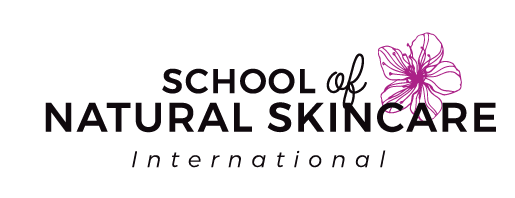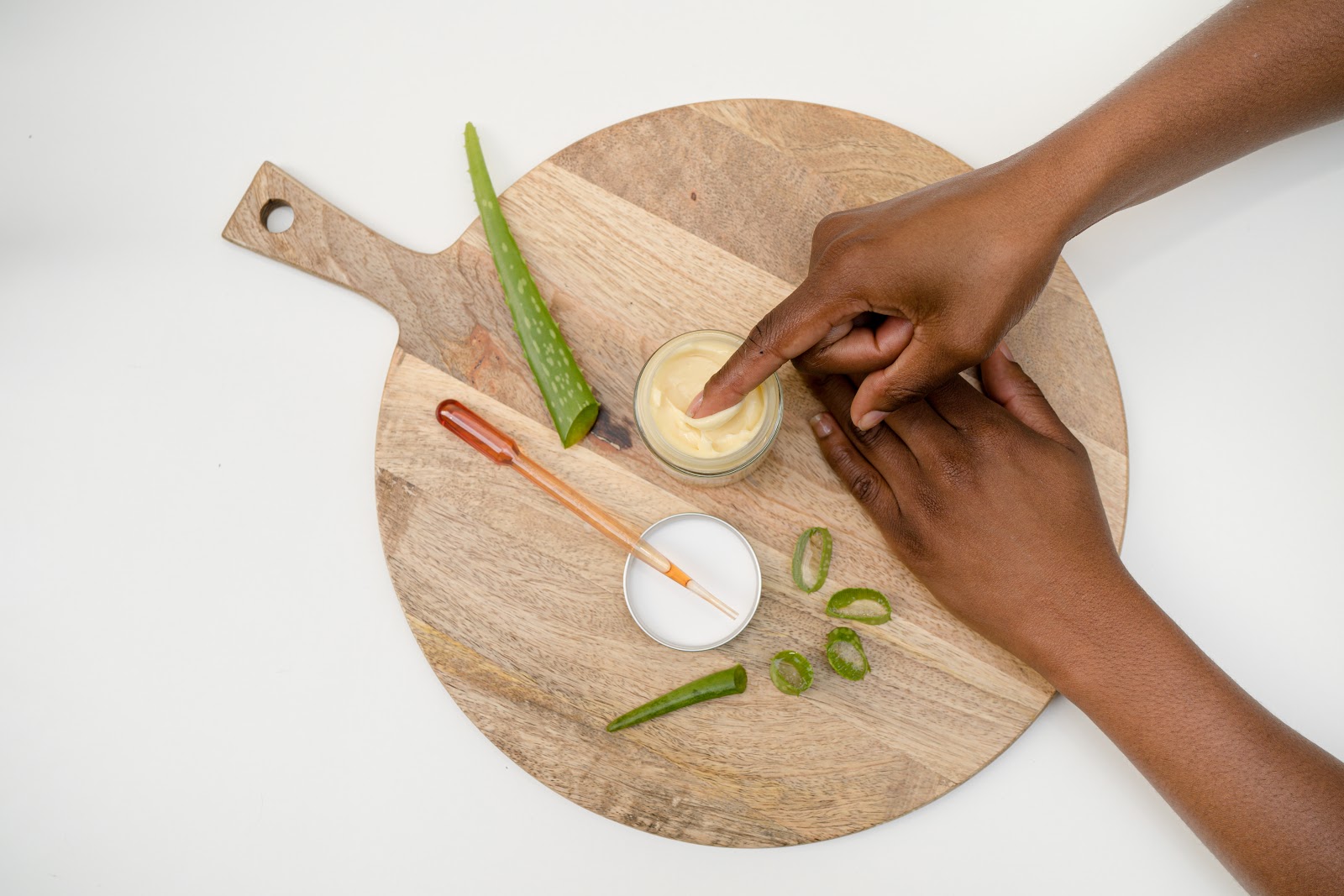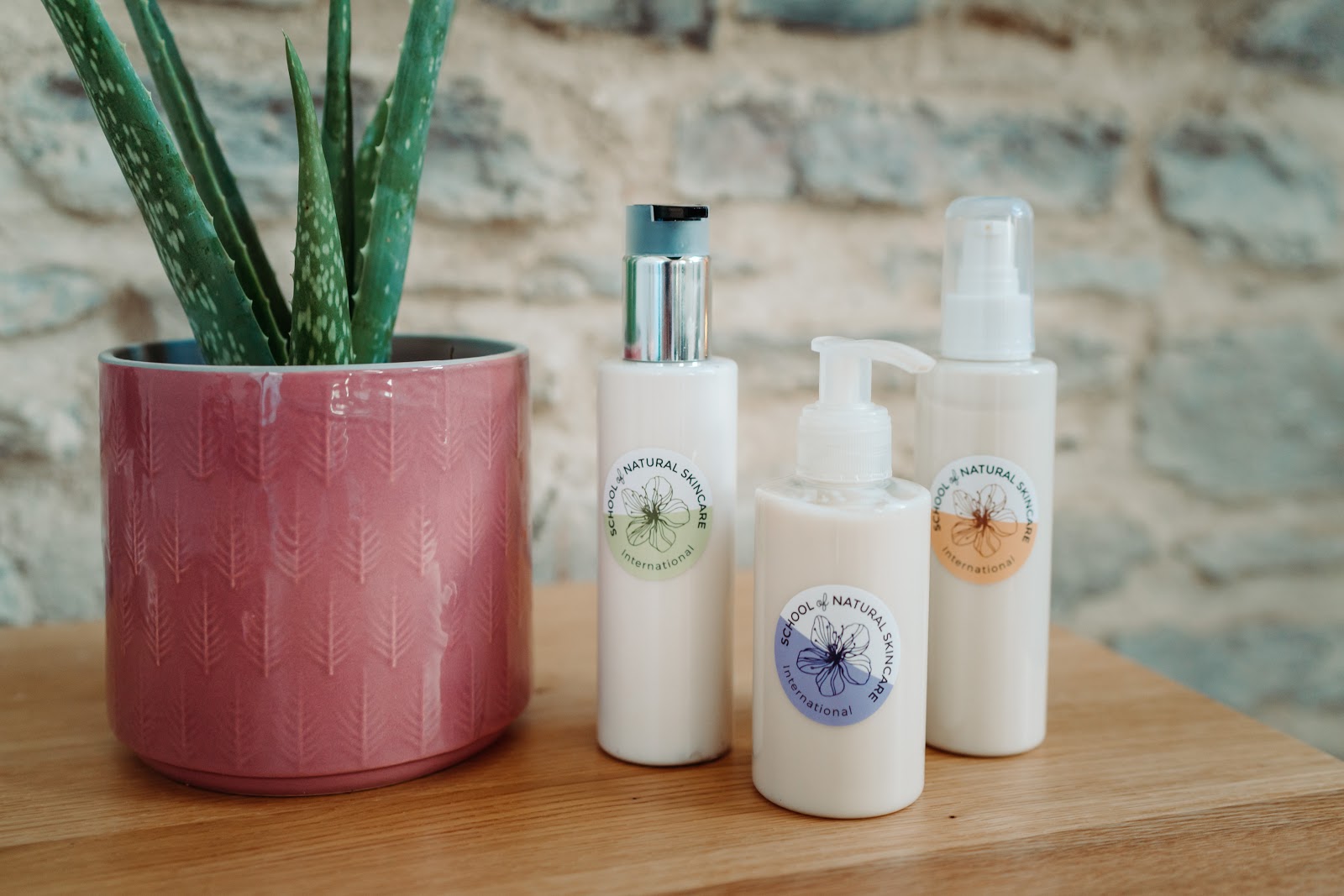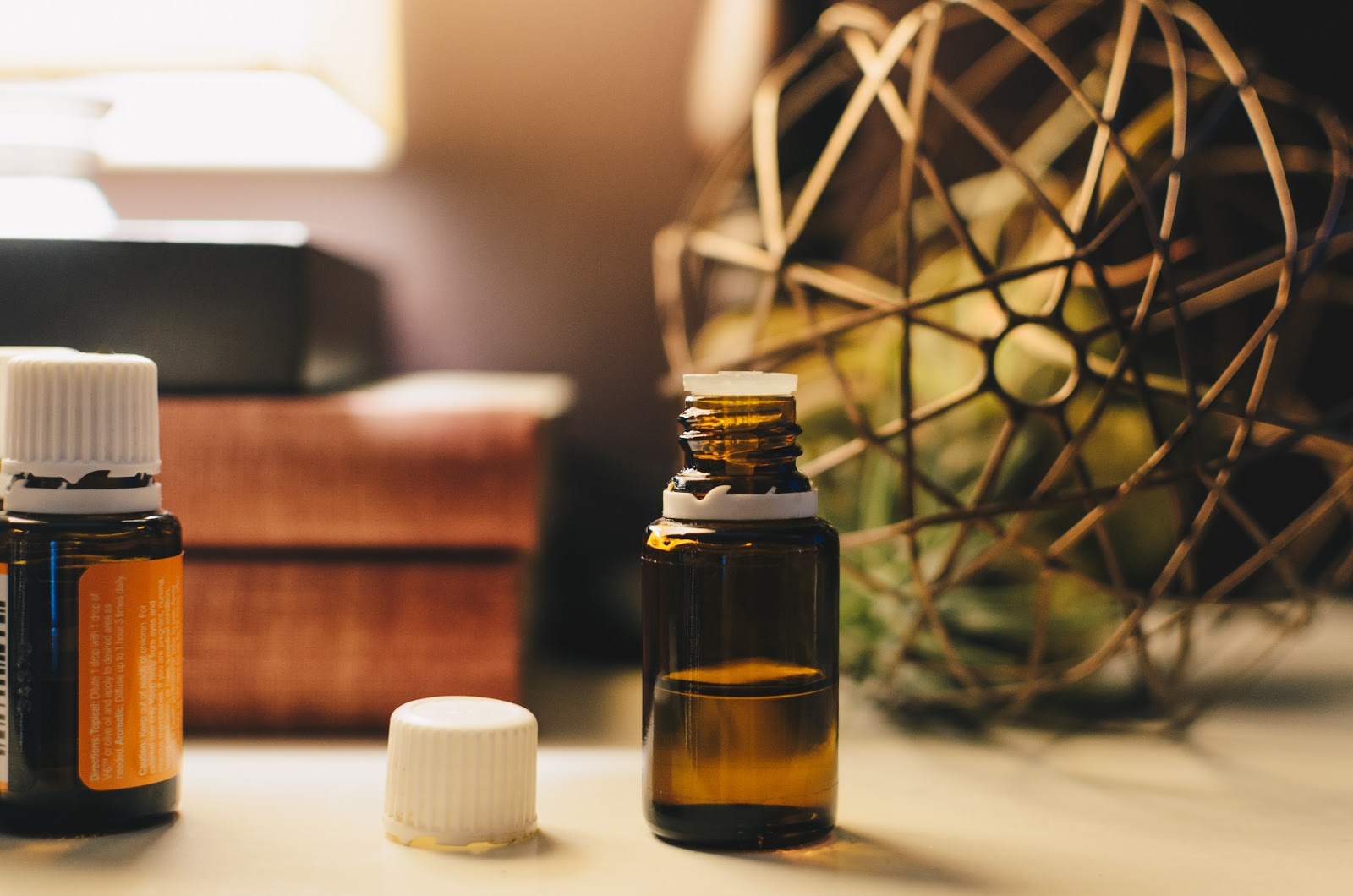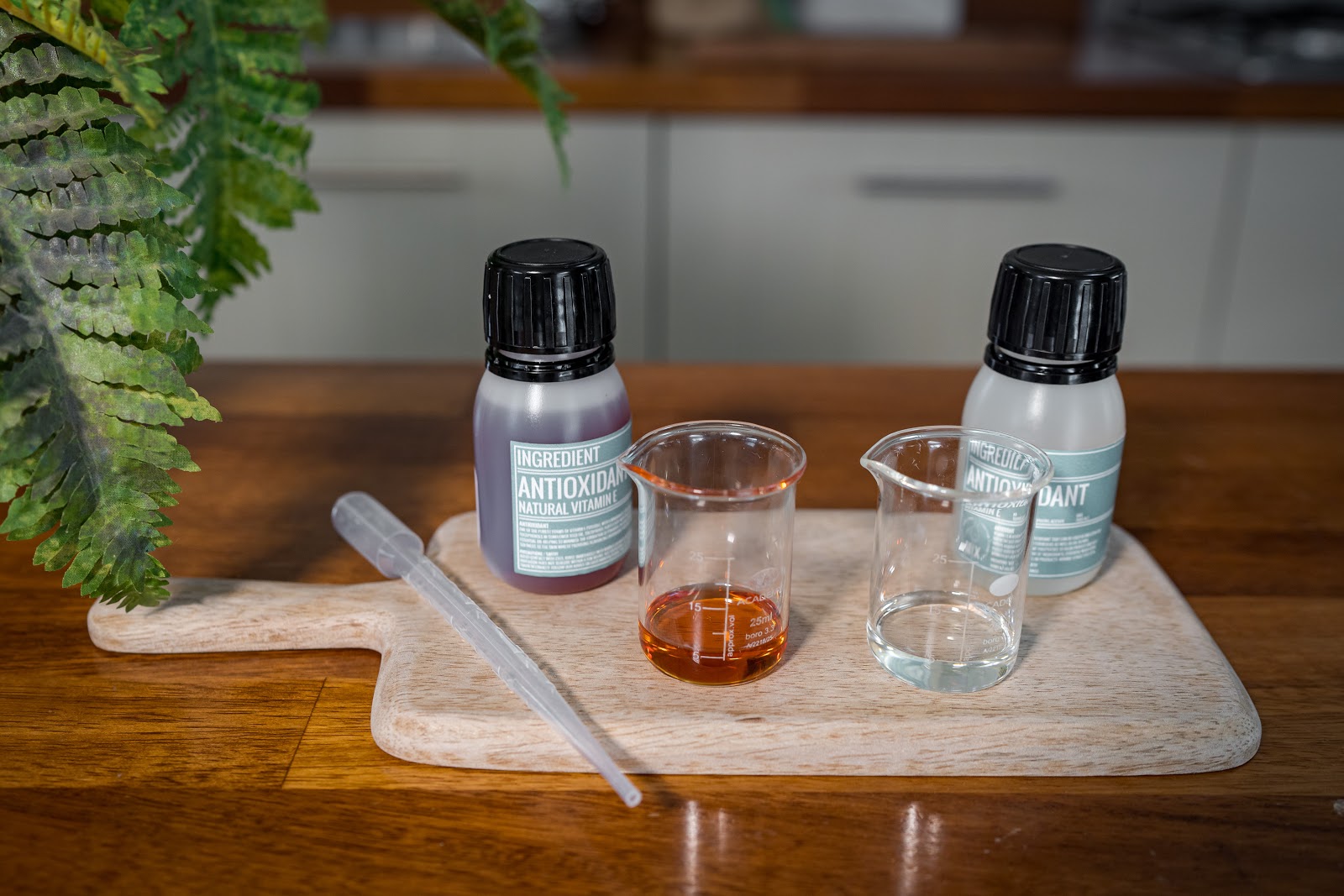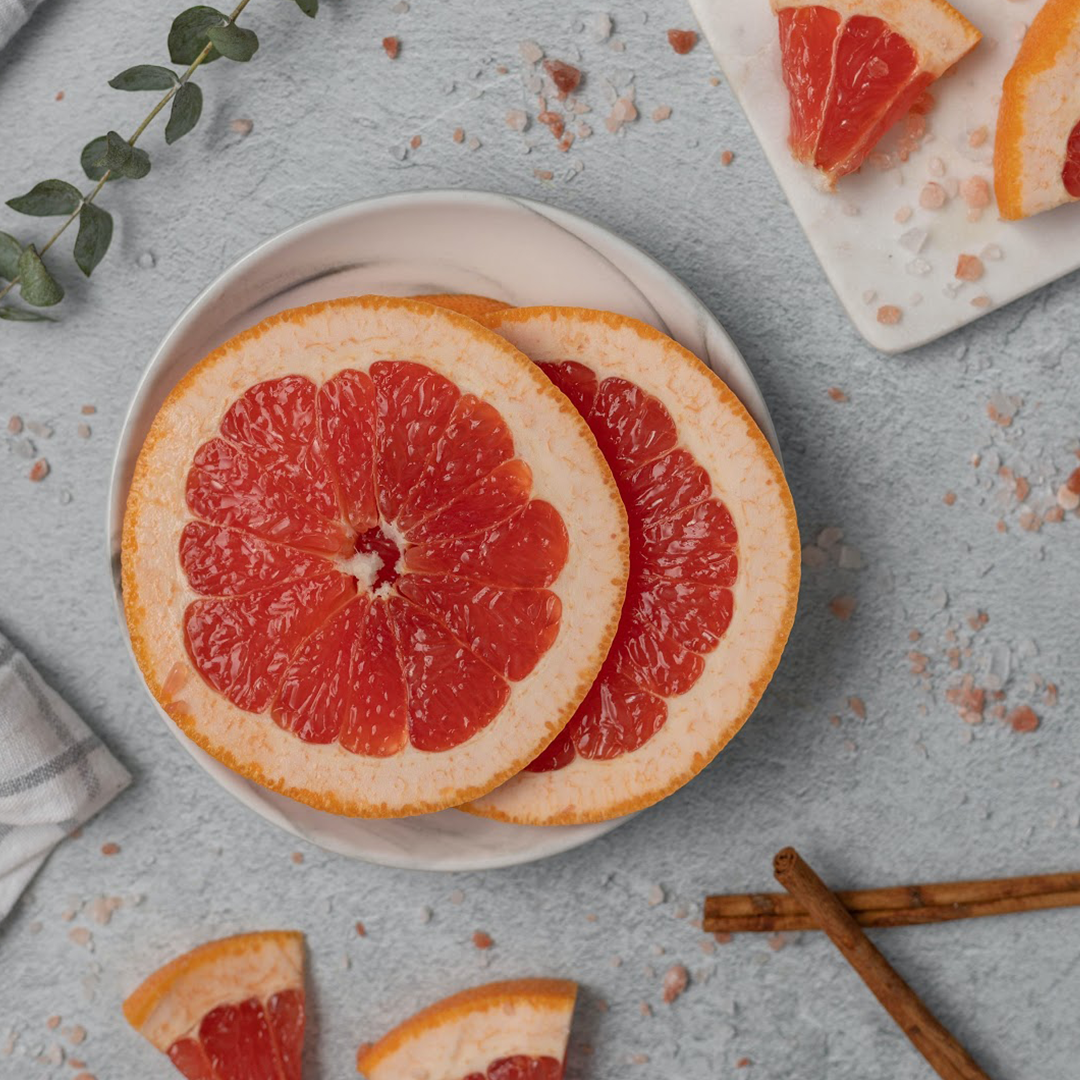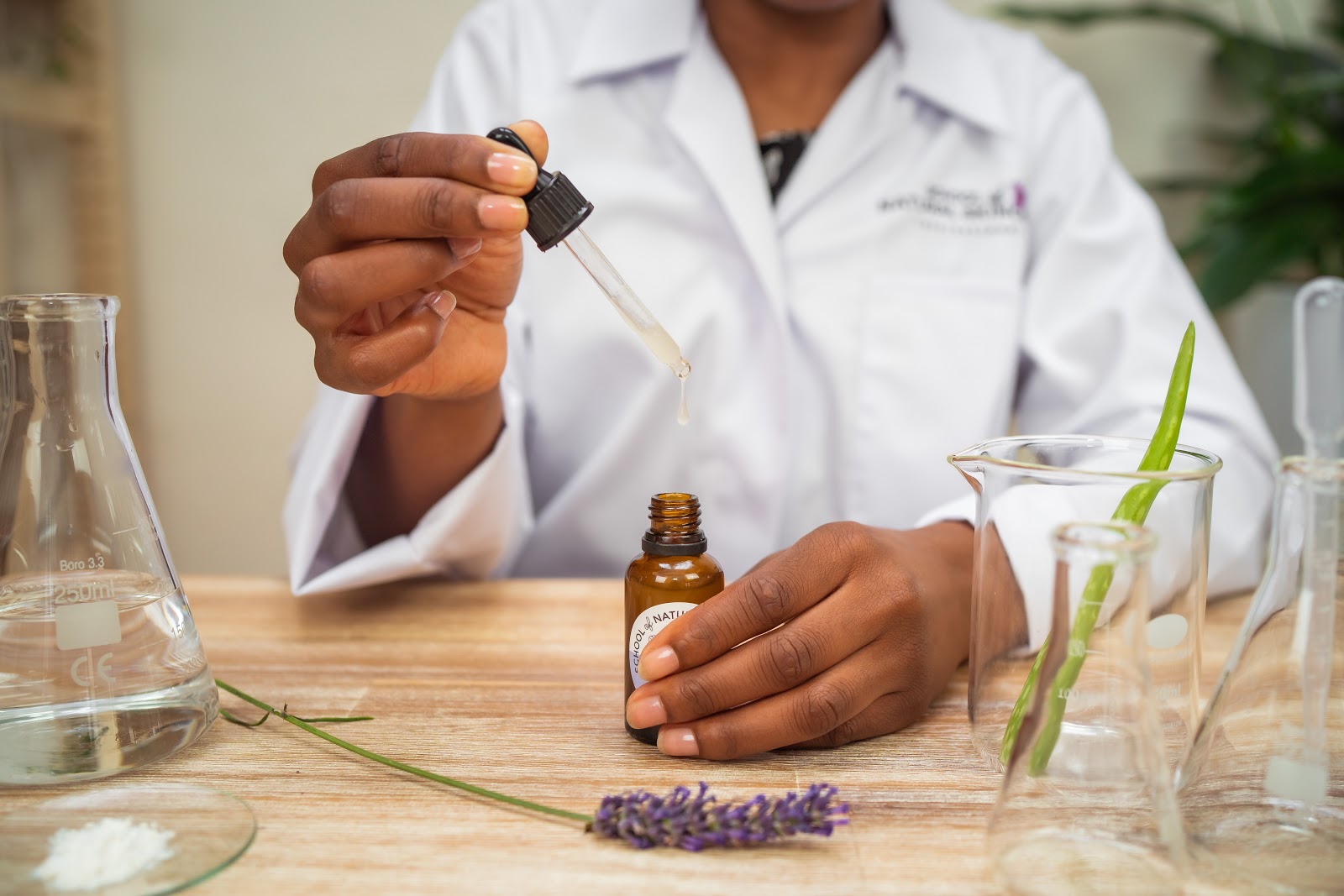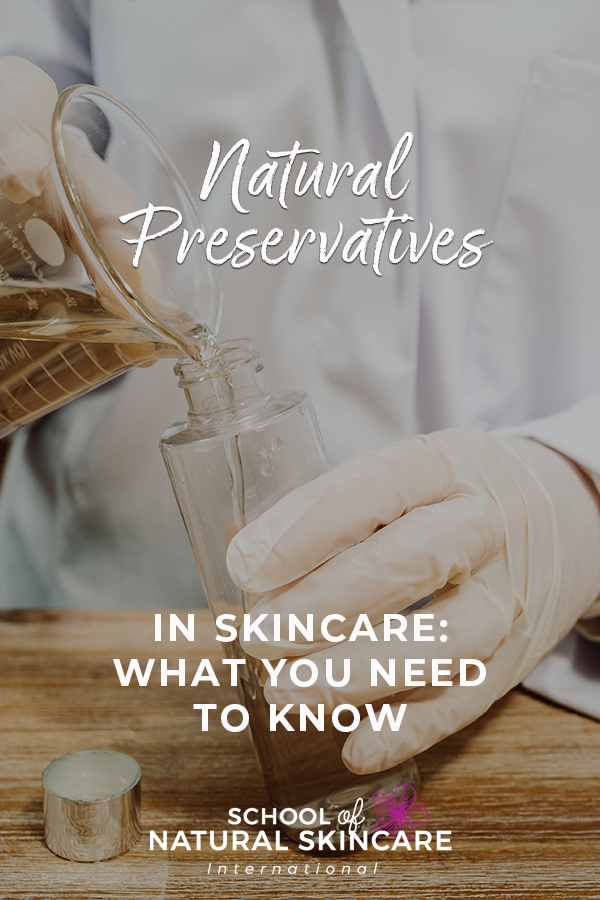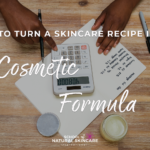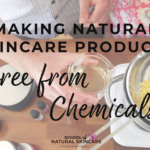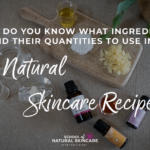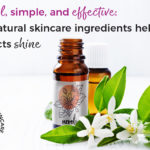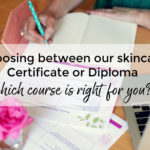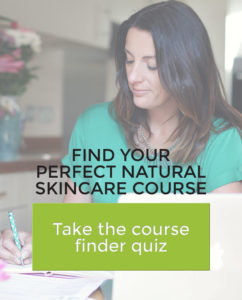The topic of preservation in cosmetics is a contentious one and unfortunately there is a lot of incorrect information shared on the internet and in books. In this article we want to clarify just exactly what natural preservatives are, where they come from, and how and why they are used in natural skincare.
We also want to set the record straight about some of the claims that are made about natural preservation in skincare and give you some top tips that will help you make sure your natural skincare products are not only safe, stable and effective, but are also the very best they can be – which is what we all want!
What are natural preservatives?
Natural preservatives are naturally occurring substances that prevent microbial contamination of cosmetic products. Since we don’t live in a sterile environment, microorganisms can enter a cosmetic product during its everyday use and cause it to go bad.
Every time we dip fingers into a jar, every time a product is exposed to air (by opening a jar, by pressing a lotion pump or a spray head), microorganisms can get into our product. A small number of microorganisms can even be present in the product right from the start, since they may have been right there in the raw materials.
So we use preservatives to prevent microbial growth and proliferation in order to keep our product safe over a longer period of time.
Where do natural preservatives come from?
There are several molecules with antimicrobial activity found in nature – for example benzoic acid (found naturally in strawberries and cayenne pepper), sorbic acid (found in rowanberry), ethanol (produced by microbial fermentation of sugars by yeast) or benzyl alcohol (found in jasmine and ylang ylang essential oil).
While these natural sources contain ingredients with antimicrobial activity, it does not mean we can use the materials directly.
One example mentioned above – strawberries – contain only tiny amounts of benzoic acid, much lower than the amount needed to actually preserve a product. The same goes for essential oils. All those natural materials contain constituents that, when used at correct concentrations, can function as cosmetic preservatives. But they need to be isolated from botanical matter first, then purified and analyzed, and in many cases also combined with other constituents.
So even though they are found in nature, most commercial preservatives are made synthetically, as this process is much more energy and cost efficient compared to isolation from natural materials.
How are preservatives permitted in natural skincare?
Most of the organizations that deal with the certification of natural and organic cosmetics (eg COSMOS, NaTrue, etc), have a list of permitted preservatives. Which preservatives are permitted and which are not depends on the certification body but, generally speaking, the ones that are nature identical (like those mentioned above) are usually permitted. To understand more about natural skincare, what it is and the varying degrees of ‘natural’, read our article, What is Natural Skincare?.
When do you need to use a preservative in natural skincare products?
Any cosmetics that contain water, eg creams and lotions, or toners and spritzers, are a potential breeding ground for microorganisms. These products, therefore, require a preservative.
In addition to that, any cosmetic product that will at some point come into contact with water, eg anhydrous body scrubs (that are used in the shower) are also a likely breeding ground for microorganisms and require a preservative, or careful packaging and usage to ensure that water doesn’t enter the product.
You can imagine a freshly made lotion like a soup you made for lunch – if it contains no preservatives and is left on the counter, it will go bad in a matter of days. Stored in a refrigerator, it might be safe for up to a week or two. But since we usually keep skincare products for much longer than a week or two, plus we store them at room temperature, not using a preservative can be a dangerous game.
A contaminated product is unsafe for use as it can cause mild to severe infections – you are basically applying a high concentration of pathogenic microorganisms directly to your skin.
While the skin is generally very good at protecting us from microorganisms, any wounds, cuts or scratches (even microscopic ones) can be the entering point for bacteria and fungi into your body.
This can lead to localized, small infections and rashes, or even dangerous internal infections.
Don’t believe the hype about not using preservatives
While it is true that preservatives are powerful ingredients that can be dangerous when not used with caution (eg adding much more than the recommended amount), they are the ingredient that will prevent your lotion from becoming a bacterial playground.
Microbial contamination:
- Can cause the product to spoil. Noticeable signs may include the color changing or the product smelling terrible.
- Can have some nasty consequences for your health, including skin and eye infections, thrush, toxic shock and atopic dermatitis.
- Can be present well before signs are visible!
To avoid any complications or potential infections, the use of preservatives is a must.
Are glycerin, honey, essential oils, Vitamin E and grapefruit seed extract natural preservatives?
In a word, no.
If you’ve seen recipes for DIY cosmetics online, you must have come across recipes that use glycerin, honey or essential oils as preservatives. In most cases, that is not going to work as natural preservatives
It is important to not believe the DIY hype about glycerin, honey, essential oils, Vitamin E or grapefruit seed extract being effective natural preservatives. Let us explain why.
Glycerin and honey
These are two ingredients that are considered self-preserving – this means that they will not go bad, even if they are stored at room temperature and without any preservatives added.
The reason behind this is that they contain minimal amounts of free water (water that is available for microorganisms). Since bacteria and fungi need water to survive, they can’t grow in an environment that contains no water, or has no water available to them (also known as ‘water activity’).
Some water-based products containing high percentages (50% and above) of sugar (sugar syrups), salt (brine solution) or glycerin, will have very low water activity and will thus be a very hostile environment for microorganisms. But if a product contains only a little bit of these, like glycerin or honey, the water activity will be higher and microorganisms will be able to grow in it.
Essential oils
While many essential oils have proven antimicrobial properties, to use them effectively the product would need to contain very high amounts of essential oils in order to be well protected. Those high amounts, however, are likely to be irritating and sensitizing for the skin. Plus the aroma is likely to be overpowering, meaning that they would not be suitable for cosmetics.
Vitamin E
This is often referred to as a preservative, which is not correct. It is an antioxidant that will prevent oils from going rancid, but it will do absolutely nothing to inhibit microbial growth and spoilage in products that contain water. Antioxidants and preservatives are often confused, which is why we have written an article explaining the difference. You can find it here.
Grapefruit seed extract
This seems to be an unreliable choice too, although different research has come to different conclusions. Some research found it has no antimicrobial activity whatsoever, whilst some found it could function as a preservative.
Until sufficient research and scientific studies have confirmed without doubt that it is an effective preservative, it should not be used. There are plenty of effective natural preservatives that should be used instead.
Check out our article on 3 natural preservatives for cosmetics and download your free factsheet for more information.
What natural skincare products don’t require a preservative?
Strictly speaking, products that don’t contain water or that won’t come into contact with water, do not require a preservative. These types of products are called anhydrous and include things like balms, butters, oils and serums. Since these products are made of only oil soluble ingredients, there is no need for preservatives because they are not prone to microbial contamination.
They are, however, prone to oxidation, which makes them go off or rancid. You will usually notice this by smelling it; it tends to have a sour or pungent odor, but this isn’t always the case. To prolong the shelf-life of oil soluble ingredients, e.g waxes, essential oils, butters and carrier oils, you’ll need to add an antioxidant, such as Vitamin E.
To find out more about antioxidants read our article here. And to find out the difference between antioxidants and preservatives, we recommend you read this article.
What can you do to help prolong the shelf-life of your natural skincare products?
Of course, you’ll need to follow the advice we provide about preservatives, antioxidants and emulsifiers! These ingredients and systems are essential if you want to make sure your products are safe, stable and effective.
Other things you can do are:
- Learn the professional way to formulate natural skincare products for yourself; whether you want to make them for yourself, or to sell.
- Have a thorough understanding of natural skincare ingredients, their safety data, recommended usage rates and particular characteristics.
- Know the correct natural preservative system and natural emulsification system to follow for your hydrous products.
- Know the correct antioxidants to use in natural skincare products.
- Understand skin anatomy and biology.
- Use the right equipment and keep it separate from your kitchen equipment (there’s a handy article for beginners about this here).
- Follow proper lab skills and good manufacturing practices (read our article What is GMP and why is it important?).
- Know your packaging. Understand how different packaging affects the use of different products and the impact that can have on cosmetic product safety.
None of these things are a replacement for the right preservatives, antioxidants and emulsifiers as well as the right systems to use for each (it is more than just adding an ingredient!), but they will help you ensure your products are safe, stable and effective – whilst also ensuring that they are the very best they can be… Which is what you want!
How can you get started in formulating natural skincare?
The good news for you is that our accredited Diploma in Natural Skincare Formulation covers everything you need to know about natural preservatives and more!
There are 14 modules packed with up-to-date, scientifically referenced information, templates and example formulations, beautifully designed workbooks and professionally created demonstration videos.
The course has been created by industry professionals, passionate about natural and organic beauty, in combination with our professional designers, videographers, writers and editors.
This online course has been designed for those passionate about natural and organic beauty who want to infuse their DIY masterpieces with professional methods to create top quality, handmade natural skincare products.
To find out more, just click here.
Want to know more about natural emulsifiers and preservatives?
Discover the most natural emulsifiers and preservatives for your skincare products by downloading our free guide!
Loved learning about natural preservatives? Why not pin this article to make sure you remember? 🙂
